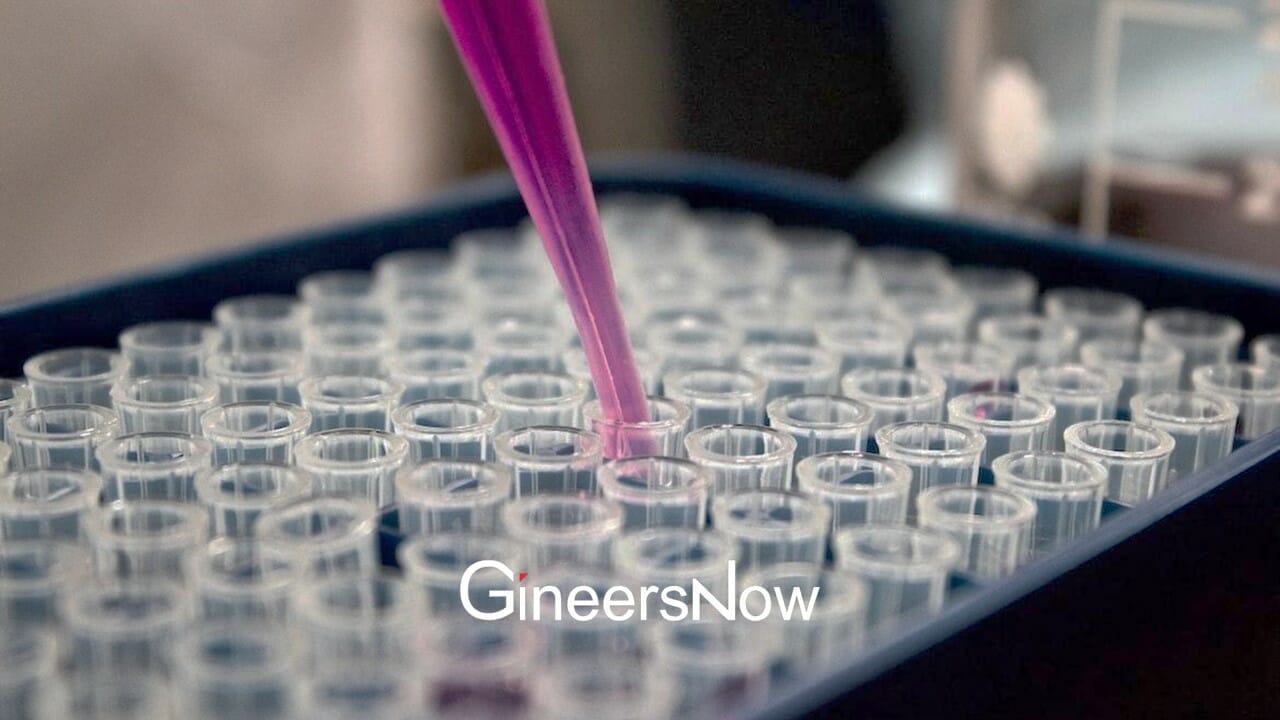Clinical trials are research studies that involve people and are conducted to evaluate the safety, effectiveness, and efficacy of new treatments or interventions. The purpose of a clinical trial is to answer questions about a medical product, such as a drug, device, or procedure.
In recent years, clinical trials have become increasingly important for advancing healthcare and developing new treatments for patients suffering from various diseases and conditions. These research studies are designed to evaluate the safety and effectiveness of new medical interventions on humans. With an increase in clinical trial delivery services, individuals worldwide are experiencing better health outcomes.
That’s why learning about the purpose of clinical trials and why they are so important for improving healthcare quality and developing new treatments is essential. In addition, you can explore how these studies are conducted and monitored to ensure patient safety throughout the process. So, read on to learn a few tips on how you can get involved with clinical trials if you’re interested in participating.
What Are Clinical Trials?
A clinical trial is a carefully designed research study that aims to evaluate the effectiveness and safety of a new and promising pharmaceutical drug, medical device, or procedure. These researches often involve human participants, also known as volunteers or subjects, to provide vital feedback on a new intervention’s effectiveness and side effects. Clinical trials involve a range of healthcare professionals, including doctors, nurses, pharmacists, and others who are responsible for managing the trial and its participants.
The patients who volunteer for clinical trials are carefully monitored throughout the study period with regular check-ups, procedures, tests, and physical examinations. The data gathered from these studies is used to draw conclusions about the safety and efficacy of the treatment being tested so that it can be approved for use by healthcare providers.
It’s worth mentioning that the process of conducting a clinical trial is highly regulated at both federal and international levels in order to ensure patient safety is upheld during the course of the study. All protocols must be approved by local ethics boards prior to beginning any type of clinical trial.
Why Are Clinical Trials Important?
In fact, clinical trials are the backbone of medical advancements, and there are more than 150.000 trials just in the USA. And given that they are so prominent, these are some of the reasons why they are so important:
- Uncovering new therapies, vaccines, and treatments that can prevent, diagnose, or treat various medical conditions;
- Evaluating the effectiveness of a new drug or intervention while comparing it to existing options;
- Ensuring that medical interventions undergo rigorous testing before becoming a part of standard patient care;
- Identifying any potential side effects and helping healthcare providers make informed decisions about the risks and benefits of specific treatments;
- Fostering a better understanding of different diseases and the various factors involved in managing them.

Types of Clinical Trials
Clinical trials can be categorized into different types depending on various factors, such as the type of intervention, study design, and the goal of the trial.
For instance, interventional trials are studies that involve administering a new treatment, drug, or device to study participants and comparing its effects to those of existing treatment options or a placebo. Observational trials, on the other hand, are studies that involve examining the health outcomes of participants without any intervention to understand the impact of risk factors, behavior, and environmental influences on health and disease.
Diagnostic trials focus on evaluating the sensitivity and specificity of new diagnostic techniques or medical imaging devices. Prevention trials are studies that aim to identify new ways to reduce the risk of developing certain medical conditions.
Bottom Line
Clinical trials are essential for advancing healthcare and developing new treatments. Careful research, monitoring, and evaluation are required to assess the safety, effectiveness, and impact of new medical interventions on human subjects.
Clinical trials can uncover groundbreaking therapies, vaccines, and treatments that could potentially save lives. They also help evaluate the efficacy of existing drugs and identify potential side effects. Through various types of clinical trials, individuals can contribute to improving healthcare outcomes while ensuring patient safety is upheld throughout the process.
All in all, clinical trials play a vital role in healthcare research and development as they benefit both patients and healthcare providers alike.












